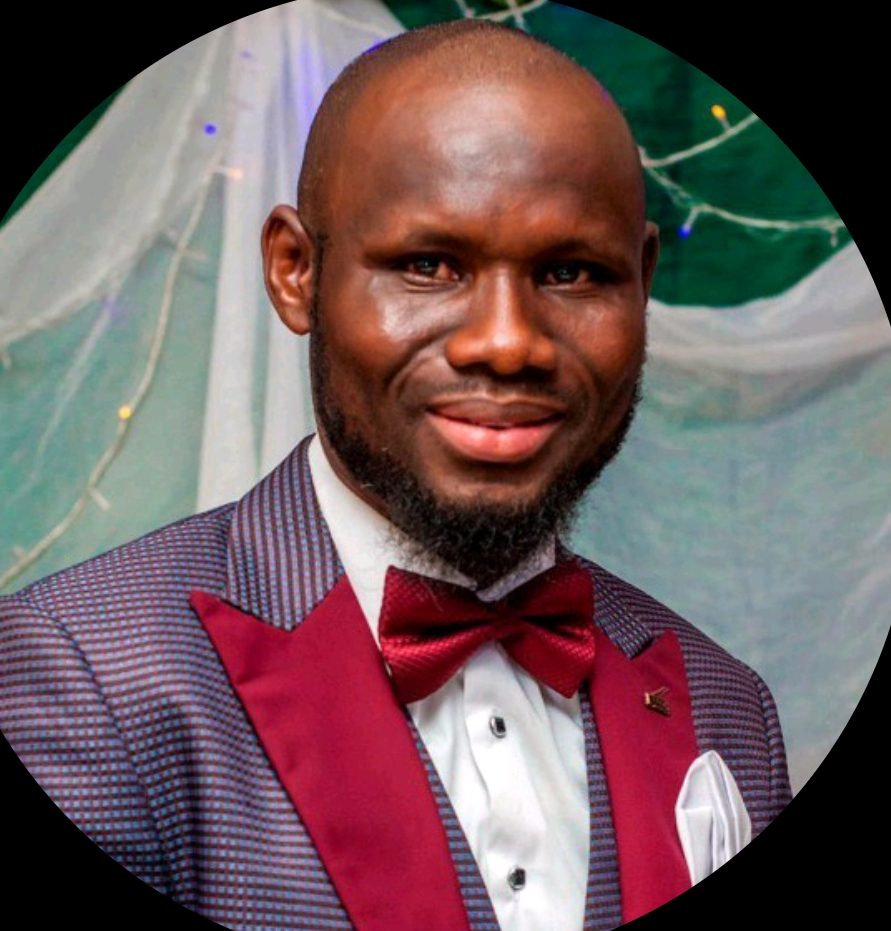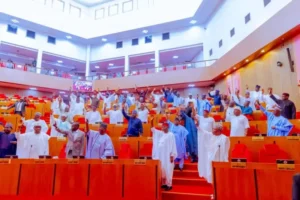
By Sunday Adepoju
A lecturer at the Department of Mass Communication, Olabisi Onabanjo University, Ago-Iwoye, Ogun State, Dr. Kamoru Salaudeen, has said Nigerian broadcasters are only “fairly” adhering to the Nigerian Broadcasting Commission (NBC) Code, warning that the industry’s growing commercial pressure is eroding ethical standards.
Dr. Salaudeen, in an interview with Pan-Nigerian News on the state of broadcast media adherence to the NBC Code, outlined a mixed picture of awareness, compliance and enforcement challenges across Nigeria’s radio and television landscape.
According to him, the core purpose of the NBC Code is “to regulate and gate‑keep content transmission to audiences by broadcast media and enforce responsible broadcasting in Nigeria.”
However, he said awareness of the code among broadcasters is “between average and low.”
He noted that many broadcasters have never even seen the NBC document.
On compliance, Salaudeen said stations “comply fairly well because of the consciousness that they can be sanctioned,” but added that “situations of apparent violations go unnoticed.”
The most common breach, he said, is news commercialisation or commoditisation of news, driven by “the strive to raise revenue that is sufficient for running the station.”
Regarding NBC’s monitoring, he observed that while the commission does monitor, “it’s obvious that the commission has stepped down the waves of monitoring a little for the survival of commercial stations. Cases of handshake could be playing out.”
Ethical considerations, Salaudeen warned, are getting weaker due to “overwhelming commercialisation of the industry… cheap, untrained or half‑baked and unprofessional workforce.
On training, he gave a “yes and no” response, noting that established institutions expose students minimally, but untrained talents learn on‑the‑job, often by mistakes.
He urged media education institutions to employ qualified, experienced lecturers and organise short courses, seminars, public lectures and symposia to better prepare students for broadcasting ethics.
When asked about claims of selective or politically‑influenced enforcement, Salaudeen said, “it’s neither here nor there. Both sides are right because we’re human. Selective judgments occur everywhere.”
He called for the regulation of online radio/TV, online streaming by terrestrial stations, and curbing news commercialisation.
“Balance politics, religion, commercialisation and tribalism. Employ only trained talents and provide continuous on‑the‑job training before and after assumption of duty.”




